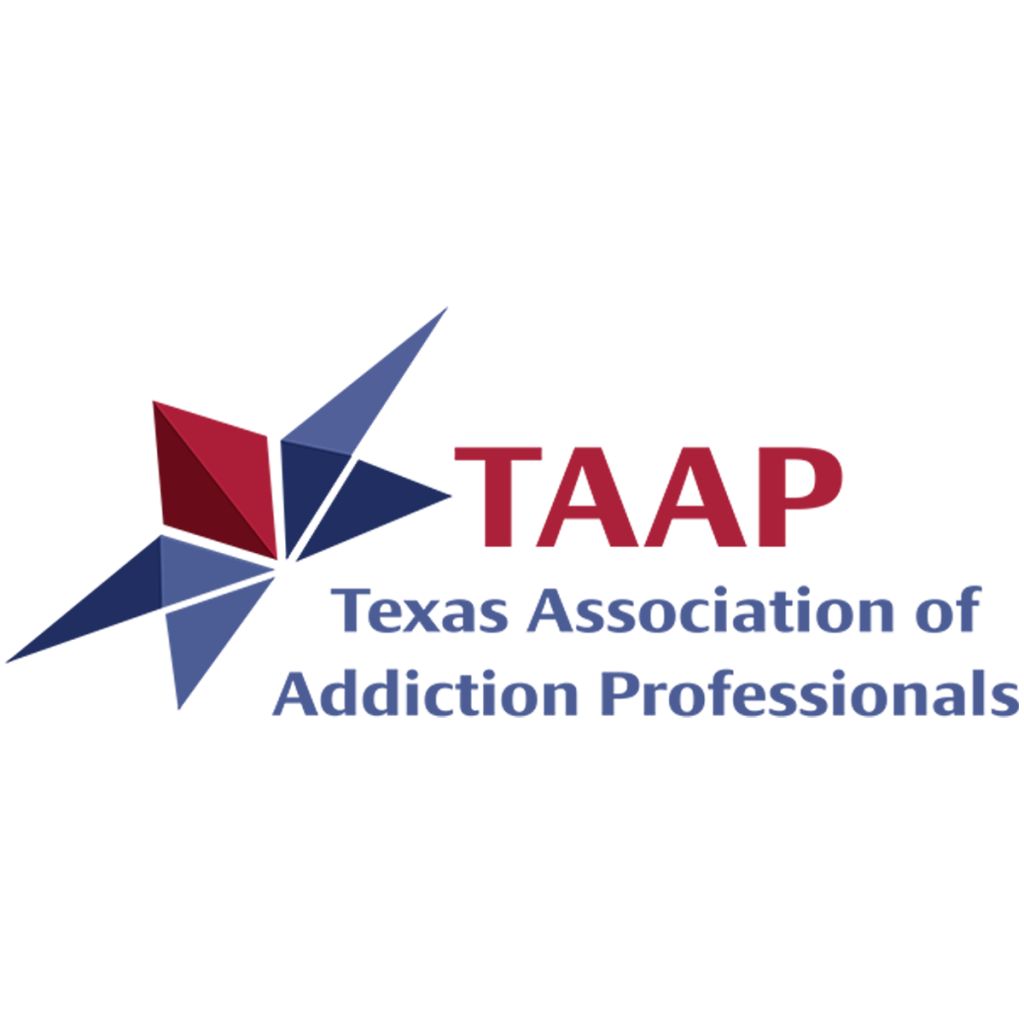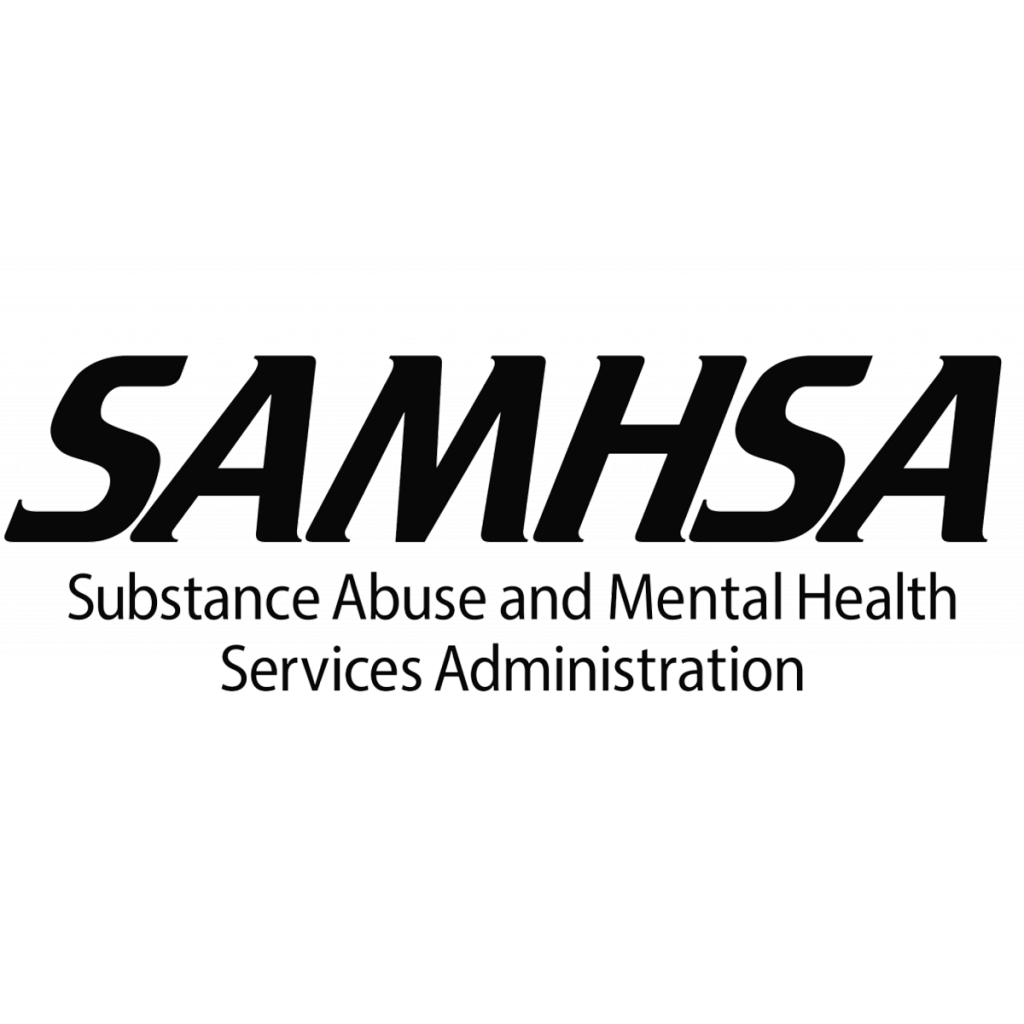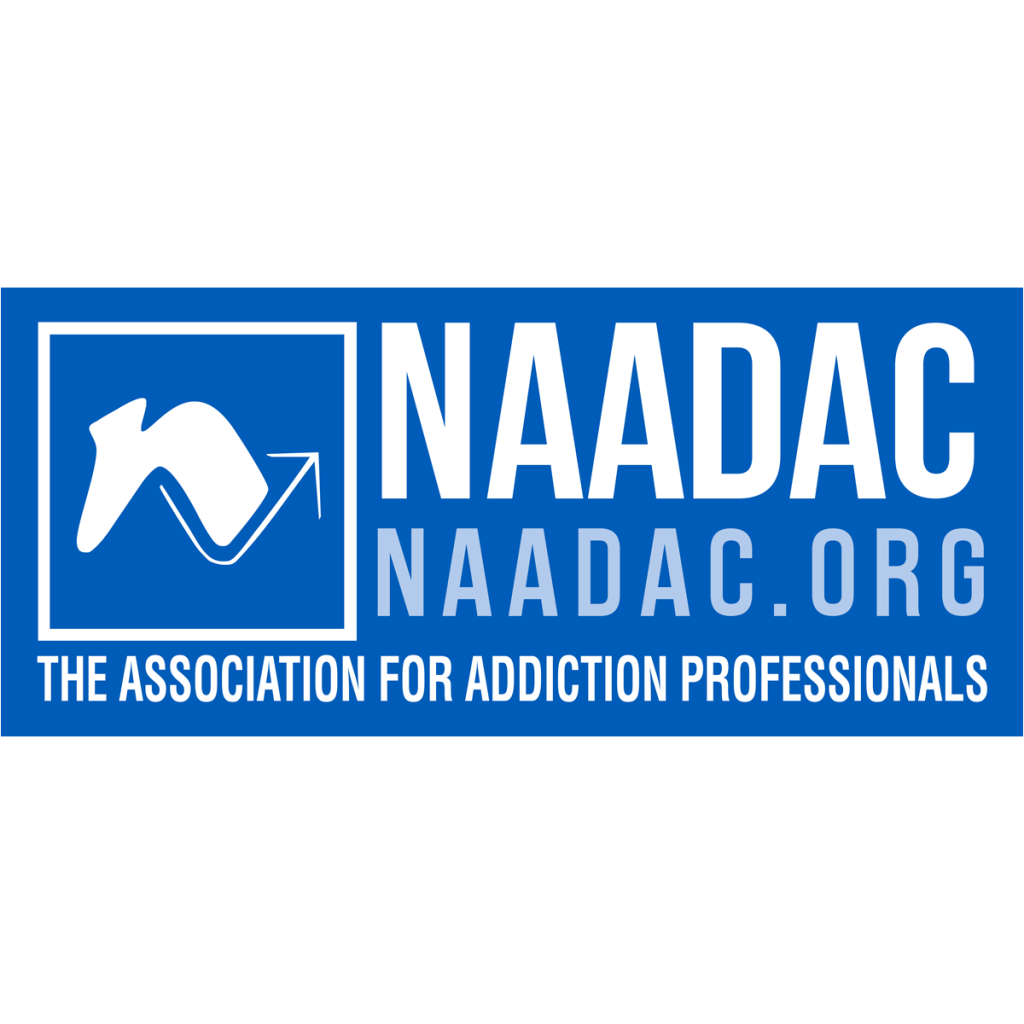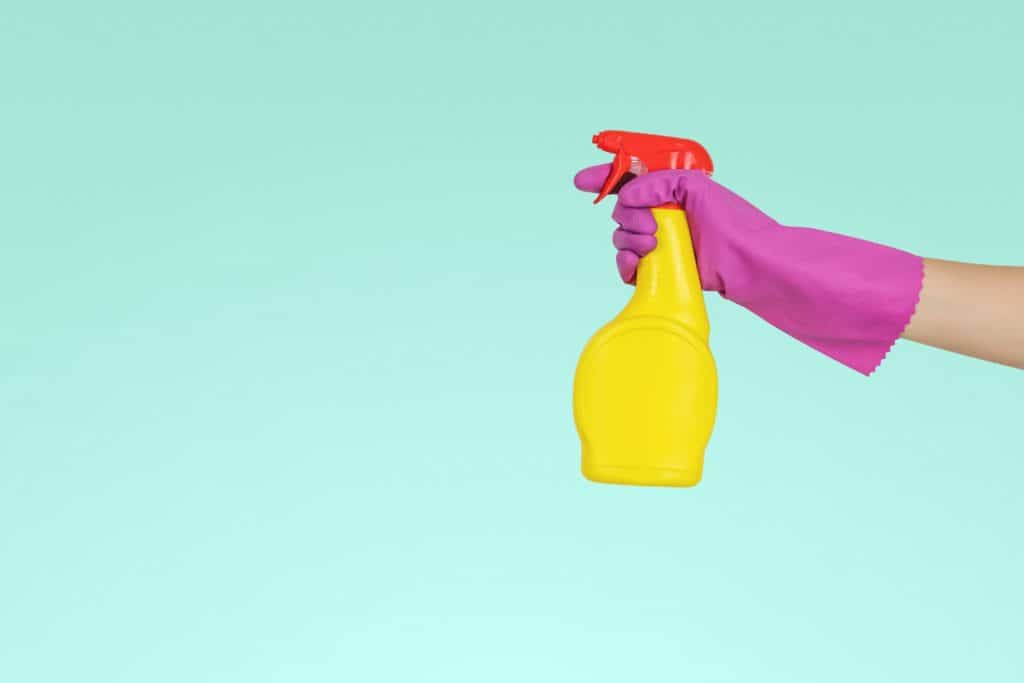
Table of contents
It’s time for a vocabulary lesson on the word “clean” in reference to addiction. This word and many others like it often impress a negative connotation on individuals struggling with substance abuse disorders. It’s our responsibility as a community to strive to support addicted individuals. One of the ways we can accomplish this is by acknowledging harmful language in reference to addiction and work to reform the vocabulary. Let’s discuss why words like “clean” are insensitive and identify some alternative phrasing with neutral or positive connotations.
Word Choice is Important When Discussing Addiction
We all have a filter in our brains that dictates what is appropriate to say. However, some of our daily vocabularies can be unintentionally harmful and it’s especially true when discussing drug addiction. There are so many harmful and negative phrasing that surrounds addiction that can be detrimental to someone trying to stay positive in recovery. Addiction is already stigmatized enough by words like “junkie” or “druggie” that dehumanize an individual. And as a result, we need to unlearn even more hurtful language.
Words Like “Clean” Are Harmful
The word “clean” is a slang term used to describe a drug or toxicology screening that comes back negative. Alternatively, it is used to describe an individual that has been abstinent from substance abuse long enough that they have reached a state of sobriety and clearheadedness. This term is stigmatizing because it implies that drug use is dirty which is degrading and discouraging.
Imagine someone reaching the lowest point in their lives being described as “clean” or “dirty.” Imagine being at that low point and “failing” a drug screening. People struggling with addiction are often at their most vulnerable and we need to implement language that inspires and encourages.
How Can We Rephrase?
The old saying goes “if you don’t have anything nice to say, don’t say anything at all.” But the truth of the matter is that if something is hurtful, we can’t just not say it—we have to change it. Rephrasing is how we undo and unlearn some of the harm we may be causing in our word choices.
In the case of the word “clean,” many people in the community suggest using medical terminology. Instead of “clean/dirty” or “pass/fail” use the more clinically accurate “positive/negative” to describe toxicology results. Additionally, you can do more than edit your own vocabulary to include more positive/neutral phrasing; encourage family and friends to do the same. Hold yourself and others accountable!
Other Words to Avoid
In recent years, the word “addict” has come under fire because it can be seen as dehumanizing to the individual’s struggle. “Junkie,” “alcoholic,” and “drunk” all fall under this same scrutiny for the same reason. Community leaders recommend language that places the person before the disorder. Phrases like “person with a substance use disorder” shows that a person has a problem instead of is the problem. It’s all about putting emphasis on the right word. At the end of the day we care about the person and the addiction is secondary.
Words like “reformed” or “recovered” can be detrimental in a different sense. These words imply that addiction is resolved and no longer an active issue for the individual. Addiction recovery does not conclude in the same sense that someone might recover from a broken leg. For many individuals, recovery is daily and lifelong. Instead, consider using phrasing like “person in recovery” or “person in long-term recovery” to emphasize recovery as a continuous process.
Recovery with Nova
At Nova Recovery Center, Houston we provide our patients with a very comfortable detox process, where they will be monitored round the clock by trained professionals. You will be provided with all the medications you need to combat the withdrawal symptoms. You will then be enrolled in the in-patient recovery program where you’ll learn to stay away from drugs, through counseling, group therapy, and so on.
Nova Recovery Center is committed to helping you overcome your addiction so you can get back to what is most important to you. If you or someone you know are struggling with addiction, Nova Recovery Center can provide support. We have locations in Austin, Houston, and Wimberley Texas. Call today to begin your journey in recovery at (888) 428-1501.


